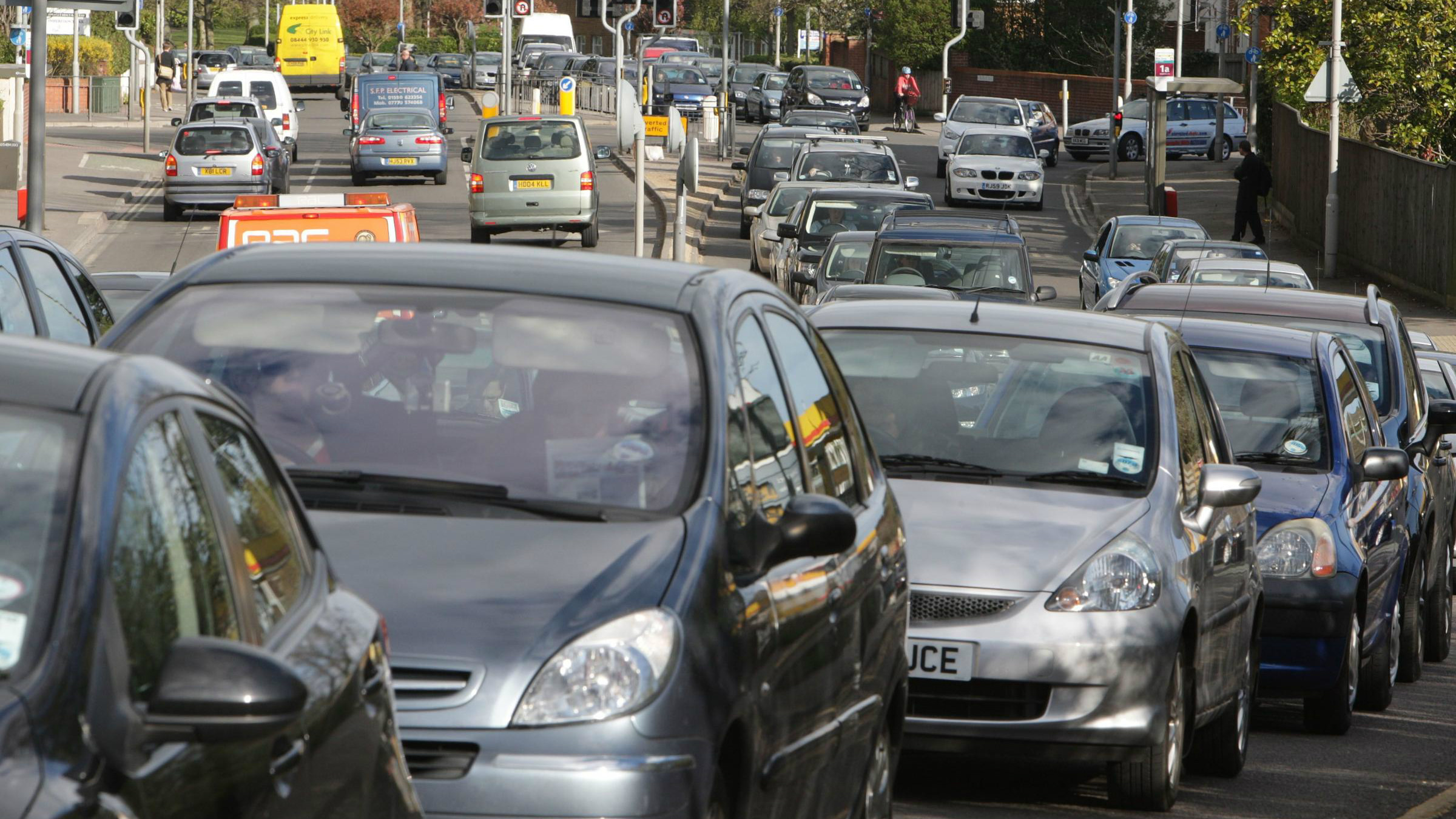Busy roads could be linked to dementia risk, researchers say
Major study finds people living close to heavy traffic are more likely to develop the disease

A free daily email with the biggest news stories of the day – and the best features from TheWeek.com
You are now subscribed
Your newsletter sign-up was successful
If you live near a busy road, it might not just be the noise you have to worry about.
Canadian researchers have discovered that those living near congested highways could have an increased risk of dementia - and about one in ten Alzheimer's cases among those living close to a major road could be associated with traffic fumes, according to The Guardian.
Dr Hong Chen, from Public Health Ontario, who led the study, said: "Increasing population growth and urbanisation has placed many people close to heavy traffic and with widespread exposure to traffic and growing rates of dementia, even a modest effect from near-road exposure could pose a large public health burden."
The Week
Escape your echo chamber. Get the facts behind the news, plus analysis from multiple perspectives.

Sign up for The Week's Free Newsletters
From our morning news briefing to a weekly Good News Newsletter, get the best of The Week delivered directly to your inbox.
From our morning news briefing to a weekly Good News Newsletter, get the best of The Week delivered directly to your inbox.
The study, published in The Lancet, followed almost two million people over 11 years and analysed their proximity to roads using post codes, the BBC reports.
It found that the closer someone lived to a busy road, the more likely they were to develop dementia: those who were within 55yds were seven per cent more likely to develop the disease than those who lived 600yds away.
Researchers also tracked cases of Parkinson's disease and multiple sclerosis, but found no correlation between those illnesses and the proximity of a road, the Daily Telegraph reports.
This is not the first study to report a link between traffic and dementia, a neurodegenerative condition that affects around 50 million people worldwide. Last year, scientists in the UK found minuscule particles produced by car engines in the brains of people suffering from Alzheimer's.
A free daily email with the biggest news stories of the day – and the best features from TheWeek.com
While the findings were labelled "plausible" by some experts, others said the truth could be more complex, with people living close to congested roads often likely to be poorer than those in quiet suburbs and therefore less healthy in general.
"Regardless of the route of causation, this study presents one more important reason why we must clean up the air in our cities," said Rob Howard, professor of old age psychiatry at University College London.